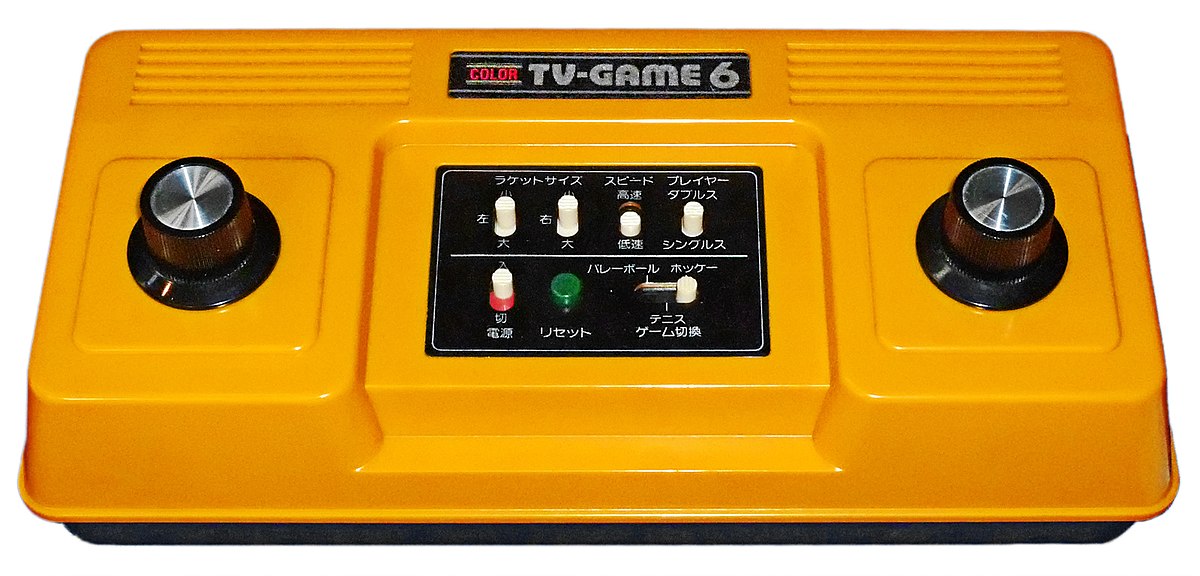When I said "well almost" I meant the impossible case in the second point. Otherwise, everything is implemented as a I listed. What kind of Android do you use that you haven't seen these features? This granular permission system has been the standard since Android 11.
In iOS it's implemented in a very similar manner, but I don't use it as often to describe it in as much detail as with Android.
The OS can create the file and then hand it off to the app.
That is also implemented, but is a separate API, storage access. You're free to upload any file you like if the app requests it. You can create the file with any voice recorder of your choosing. Although I can't imagine a scenario where Facebook would request a voice clip. When it's requesting the mic it's usually for live audio, like calls.
How is a user to know if something was captured when the screen was off?
It's true, if you gave the app permission to use mic whenever the app is running, it can in theory quietly use mic in the background. If you start a call and lock the screen, the call will continue in the background. Not sure if there are any safety measures implemented for that. But if the case was of a routine sneaky mic spying, it will become obvious fast, due to battery drain and network usage.
still don't have basic controls like restricting network access
There are some network controls, like restricting background data usage (depending on Android version/implementation). But yes, there's still no granular network permission system, you have to manually go into setting to turn on restrictions. Thought to fair, there isn't a consumer OS out there that lets you easily restrict network access to a certain app, even on desktop (correct me if I'm wrong). And I can see why, it would be counterproductive for vast majority of users to manually give network access to each app they install, when the whole point if the device is to have apps that have network access.

Hey, I saw that you added more content to the comment that I responded to, that wasn't there when I was composing my response. And seeing that content, I think I understand where the confusion is coming from.
If that screenshot is yours and you think those are the permissions, I don't think that's the case. That looks like a screenshot from an app store where it just lists what data the app might be using and not the permission system. It's just a list of categories of data that may or may not be collected if you use the app, which must be disclosed by the developer. You can't agree or disagree to those things from the OS side, because that's all that happens on the developer's side. In case of FB, you might be able to opt out of those things in their settings, but I wouldn't bet on it, cause that's their bread and butter.
For these things it doesn't matter if you, for example, gave them direct access to the mic or uploaded the audio file, they will process the audio file and gather as much useful information as they can.
In fact, if you don't give it any hardware permissions, they will still be able to gather some information, for instance from the Personal Info category (email address, sexual orientation, and home address, etc.) because you enter that info on registration or they infer it from your usage. The OS can't do anything about that. As long as you use the app and interact with it you give them information, what you clicked, which posts you liked, what you commented and so on.
When it comes to OS, you can individually (separately) give permission for mic, camera, location data, file storage, contacts info, etc. Most of the things listed in the "Data collected" panel doesn't even come from your phone hardware.
Let me know if I have now understood you correctly.